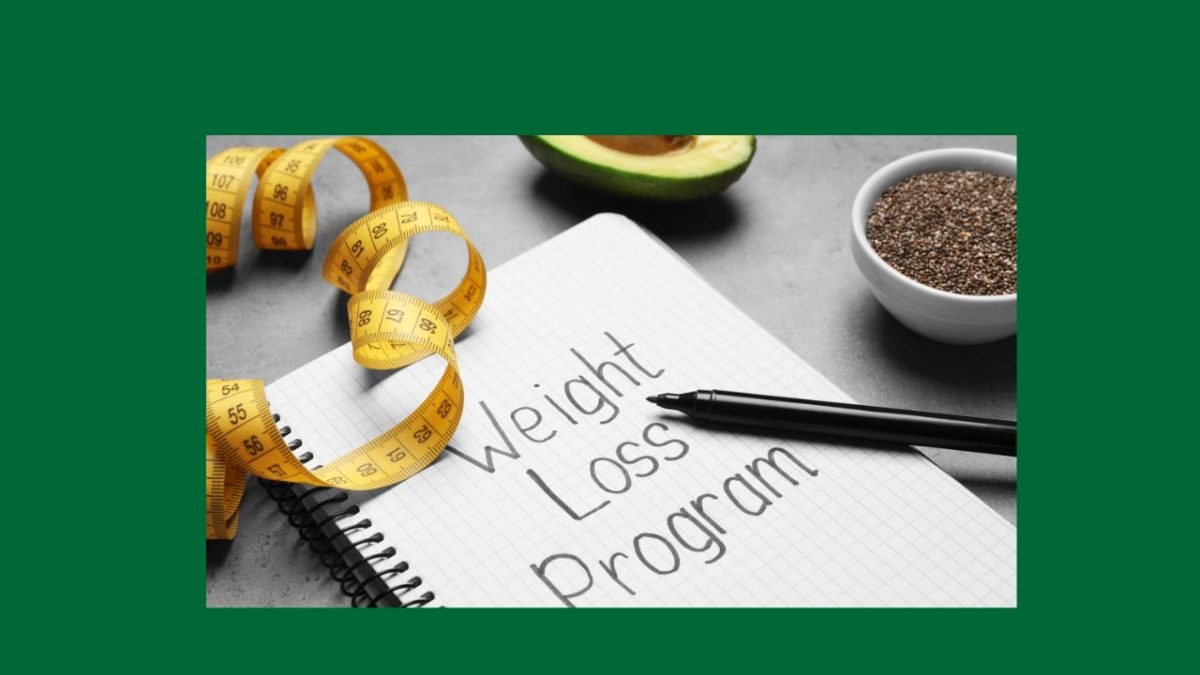
Unlocking Affordable Healthcare: The Power of Functional Medicine
August 15, 2025
Sleep and Health: A Functional Medicine View on Getting Better Rest
September 2, 2025Selecting a health program can be overwhelming. With countless options ranging from fitness and nutrition plans to holistic wellness and disease prevention programs, how do you determine which one is right for you? The key lies in understanding your needs, assessing credibility, and making an informed decision based on expert-backed strategies.
- Define Your Health Goals
Before jumping into a program, take a step back and assess what you want to achieve. Are you looking to:
Lose weight and improve fitness?
Manage a chronic condition like diabetes or hypertension?
Enhance mental well-being and reduce stress?
Boost overall wellness with better nutrition and lifestyle changes?
Clearly defining your personal health objectives will guide you toward a program that aligns with your needs rather than choosing one based on trends or popularity.
- Research Program Credibility & Effectiveness
Not all health programs are created equal. Some are backed by solid science, while others thrive on marketing hype. When evaluating a program, consider the following:
Scientific backing: Does the program incorporate evidence-based methods? Are there studies supporting its claims?
Qualified professionals: Are healthcare experts, dietitians, or certified trainers involved in its development?
User success stories: Have real participants achieved tangible results? Look for unbiased testimonials and case studies.
Sustainability: Is it designed for long-term success, or does it offer short-term fixes that may lead to burnout?
A well-structured health program should be practical, sustainable, and proven to deliver results rather than promising instant transformations.
- Assess Personal Fit & Accessibility
A great health program isn’t just effective—it should also fit your lifestyle, preferences, and daily routine. Ask yourself:
Is it flexible? Can you customize elements like diet, exercise, or scheduling?
Does it align with your habits? If you dislike intense workouts, a program focusing on gradual movement is a better choice.
Is it accessible? Are resources (videos, guides, consultations) available in formats that suit your learning style?
Does it fit your budget? Some programs require subscriptions or costly equipment—ensure it’s financially sustainable.
A program that works for your lifestyle is far more effective than one that feels forced or inconvenient.
- Look for Holistic & Integrated Approaches
Health isn’t just about physical fitness—it’s about overall well-being. The best programs incorporate:
Balanced nutrition guidelines alongside workout plans
- Mental health components such as stress management techniques
- Sleep and recovery strategies for better health optimization
- Community support or coaching for motivation and accountability
- Trial & Adjust Based on Results
Many programs offer free trials or introductory sessions—use these to test out different formats before committing. As you progress, monitor results, adjust as needed, and listen to your body. If a program causes stress, fatigue, or discomfort, it may not be the right fit.
Health is a lifelong journey, and no single program is perfect for everyone. The best one is adaptable, fits your needs, and encourages sustainable habits for long-term well-being.
Conclusion
Choosing the right health program requires careful evaluation, personalization, and commitment to realistic goals. By prioritizing evidence-based solutions, holistic wellness, and programs tailored to your lifestyle, you’ll set yourself up for long-term success and optimal health.




